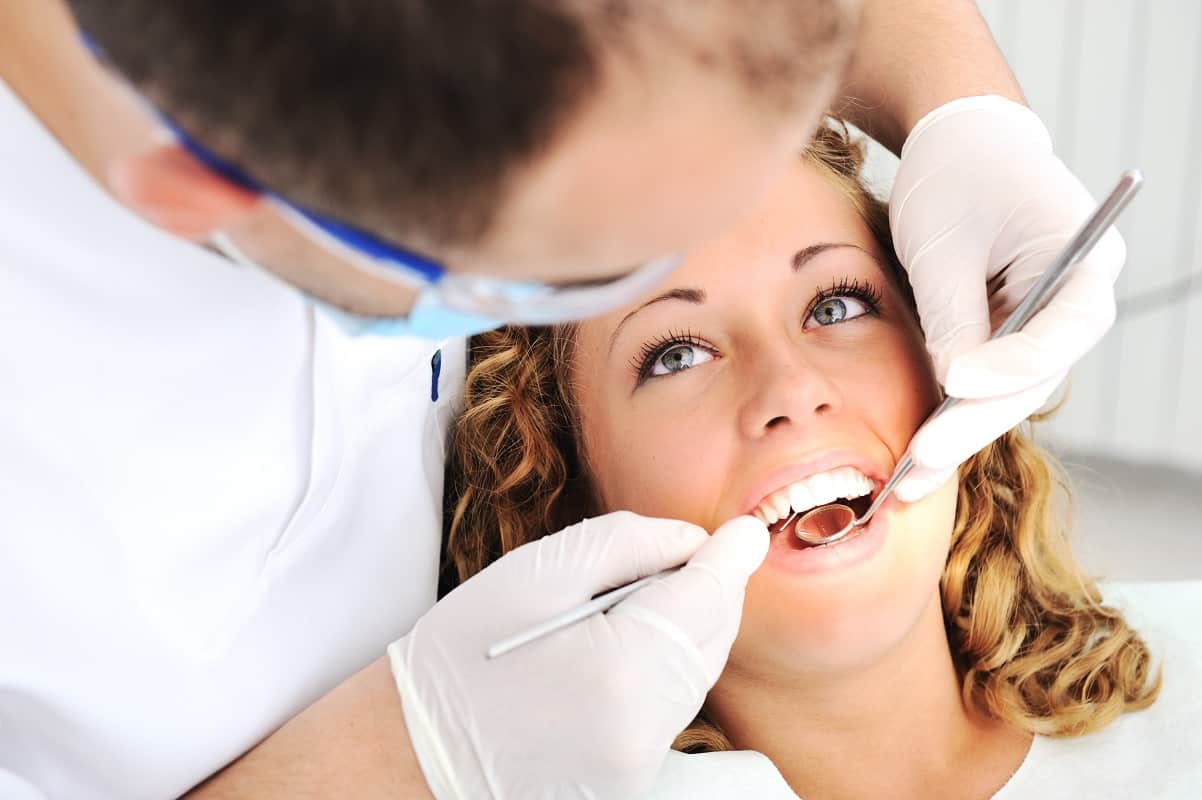Once you reach the age of 17, your wisdom teeth can begin to erupt. However, this is hardly a simple thing. Wisdom teeth are very problematic and cause different conditions that require dental care. In some cases, they can cause pain even before erupting. This is why a significant amount of the population undergoes wisdom teeth removal. This is a very well-known procedure, especially thanks to viral videos on the internet. However, many people don’t know what happens in the aftermath of the surgery and what precautions must be taken. Thus, if you are considering wisdom teeth removal in NW Calgary, you will find all the information you need in this article.
Why do people have their wisdom teeth extracted?
People don’t just want to undergo wisdom teeth extraction— they need it. Wisdom teeth can be the source of many problems that can cause many symptoms, with pain being the most common. In some cases, there is not enough space in the jaw for these teeth to erupt, so a couple of things can happen. They can begin to grow in different angles that compromise the anatomy of the jaw. This means that they may start to push other teeth, causing misalignment. They can also grow towards the jawbone, which can be very painful. This condition is called impacted wisdom teeth.
There are other ways that your wisdom teeth can be a threat to your oral health. For example, sometimes they do have some space to grow in the jaw, but they can’t erupt completely, being covered with a little bit of gum tissue. This tissue can become infected after food becomes lodged in it. Also, wisdom teeth can develop cysts and tumours. If you wish to avoid all these conditions, you should consider tooth extraction near you.
Should you have wisdom teeth surgery?
Go to a dental clinic near you, for a dentist to examine you and perform some X-rays. This is the only way of knowing if your wisdom teeth pose a threat to your oral health.
Can you eat after the surgery?
Immediately after the surgery, your mouth may be numb from the anesthesia. Also, you may experience some bleeding. You should wait until the anesthesia wears down, and the bleeding is controlled to start eating. First of all, it is important to stay hydrated by drinking plenty of liquids. This shouldn’t be done with a straw.
In the first couple of days, you should only eat soft foods. The perfect example is ice cream, which just melts in your mouth and can help control the swelling and pain. Eating only ice cream may seem like a dream to many, but it is important to stay well-nourished to guarantee an excellent recovery. Also, you will eventually get tired of it. This is why it is a good idea to eat apple sauce and soups to take in all the nutrients you need.
You should ask your dentist in NW Calgary when is it fine to introduce solid foods into your diet. Normally, this is recommended around the third day following the surgery. At first, you should incorporate foods that are not that hard, such as oatmeal and eggs. As you heal, you will be able to introduce other foods little by little
Are there any foods you should avoid?
Yes, you should avoid citric fruits. This means staying clear of lemons, limes, and oranges. They can be too harsh and cause pain. Also, avoid drinking alcohol while you are still healing because it can be irritating. Finally, you should avoid anything that could become lodged in the surgical wound, such as rice and nuts.
